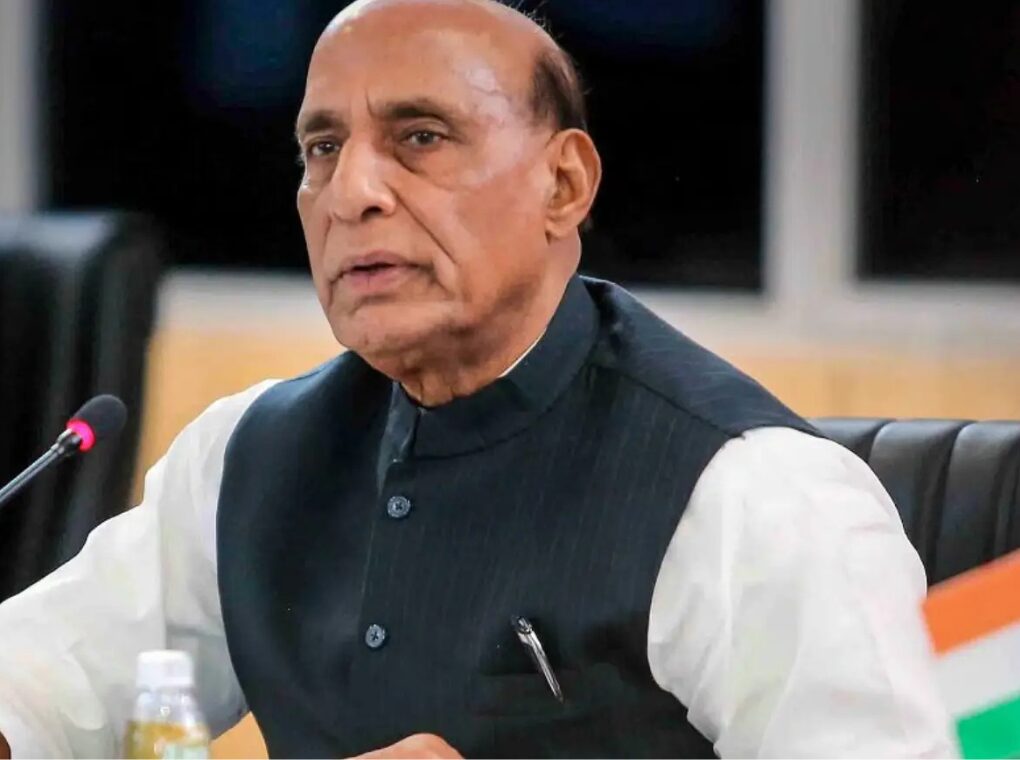India’s refusal to sign the Shanghai Cooperation Organisation’s (SCO) joint statement in Qingdao marks a significant diplomatic move amid rising tensions in South Asia. This decision reflects not only Delhi’s deep concerns over terrorism but also the broader geopolitical rift within the SCO, a group originally designed to foster regional cooperation but increasingly strained by divergent national interests.
A Statement That Crossed a Line
India’s Ministry of External Affairs (MEA) spokesperson Randhir Jaiswal confirmed that India walked away from the joint communiqué because its concerns over terrorism were omitted—most notably the Pahalgam terror attack that killed 26 tourists in April. Indian officials reportedly viewed the final document as skewed in favor of Pakistan, particularly as it mentioned unrest in Balochistan but ignored the Pahalgam incident.
For Delhi, this is more than a procedural disagreement. It signals a broader frustration with how cross-border terrorism is handled—or not handled—within the SCO. By walking away, India reinforced a consistent diplomatic stance: terrorism cannot be selectively condemned.
The SCO’s Balancing Act—and India’s Problem with It
Formed in 2001 by China, Russia, and four Central Asian nations, the SCO’s original objective was to counterbalance Western influence in the region. But since the 2017 admission of India and Pakistan, internal contradictions have come to the fore. While the group promotes regional security, unity remains elusive when its members are locked in bitter disputes.
The omission of the Pahalgam attack, contrasted with the inclusion of Balochistan, reflects a double standard India has long accused Pakistan and China of promoting. While Pakistan blames India for fomenting unrest in Balochistan, India sees itself as the victim of state-sponsored terrorism—a point reiterated by Defence Minister Rajnath Singh during the summit.
“There should be no place for such double standards,” Singh warned, a thinly veiled reference to both Pakistan and the perceived leniency of China as this year’s SCO chair.
India-China Relations: A Cautious Step Forward
Singh’s visit to China was the first by an Indian Defence Minister in over a decade and the first cabinet-level trip since the Galwan Valley clash of 2020, which killed soldiers on both sides. The visit itself was symbolically significant—an attempt to thaw frosty ties—but Delhi’s unwillingness to bend on core security concerns shows how fragile the diplomatic reset remains.
Behind the scenes, India and China continue Corps Commander-level talks to disengage from friction points along the Line of Actual Control (LAC) in eastern Ladakh. However, meaningful de-escalation has been limited. Singh’s presence in Qingdao may have opened a door, but mistrust lingers.
The Pakistan Dilemma and a Broader Pattern
India’s withdrawal from the joint statement fits a growing pattern: bilateral disputes spilling into multilateral forums. Much like how tensions with Canada over Sikh separatism soured ties with the G7, India’s stance at the SCO reaffirms that New Delhi will increasingly prioritize national security concerns over diplomatic harmony—even in multilateral institutions.
In the case of Pakistan, India holds Islamabad responsible for harboring groups like Jaish-e-Mohammed, which Delhi blames for the Pahalgam attack. After retaliatory Indian airstrikes in May, Pakistan responded with drones and missiles. The stand-off was only halted after an alleged US-brokered ceasefire—though India denies any external mediation was involved.
Strategic Takeaways
India Is Drawing Red Lines at Multilateral Forums
India’s stance at the SCO sends a clear message: it will not endorse joint statements that ignore terrorism targeting its citizens, even at the cost of regional unity.
China’s Role as SCO Chair Under Scrutiny
By allowing a statement that omitted India’s terrorism concerns, China risks appearing partial to Pakistan—undermining the credibility of SCO’s consensus model.
India’s Dual Challenge: Managing China and Pakistan Simultaneously
As India juggles deteriorating ties with both neighbors, its foreign policy is under strain. Singh’s visit is a tentative step forward with China but a backward slide with Pakistan.
SCO’s Growing Irrelevance for India?
If the SCO cannot accommodate India’s core security concerns, New Delhi may begin to treat it as a peripheral forum, instead deepening cooperation with alternative groupings like the QUAD or I2U2.
India’s refusal to sign the SCO joint statement is more than a diplomatic protest—it is a calculated assertion of sovereignty and national interest in an increasingly polarized regional order. As terrorism and border tensions continue to dominate India’s foreign policy agenda, expect Delhi to be firmer in demanding accountability, clarity, and consistency—even if it means standing alone at the table.
